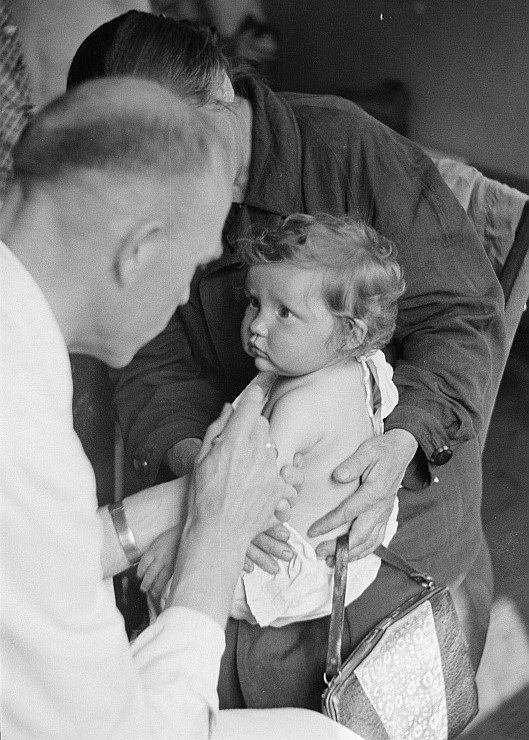Vidushi Sharma
Delhi, India

When parents and medical professionals disagree on the treatment of minors (especially on vaccination), moral dilemmas arise. Such complex issues require careful ethical consideration in order to achieve a delicate balance between respect for parental autonomy and the wellbeing of the minor. This scenario raises fundamental questions about beneficence, non-maleficence, autonomy, and justice in the setting of pediatric medicine.
The notion of beneficence is an inalienable principle in ethical decision making. The obligation to act in accordance with the interests of the minor necessitates considering the option of administering a certain treatment such as vaccination even when the parents object to it. Medical professionals have a moral obligation to prioritize the wellbeing of the child over conflicting parental preferences, especially when the proposed interventions are deemed important for protecting the child’s overall health.
The moral principle of non-maleficence also obliges doctors to avoid causing harm to minors whose parents oppose certain recommended medical interventions. When parents place their child at risk by refusing necessary treatment or vaccinations, doctors are placed in an ethical predicament in that they are responsible for the health and wellbeing of their patient as well as having to consider the consequences of their decision on society as a whole.
Upholding the principles of justice requires a consideration of the prevailing local socioeconomic factors and operation within the constraints of geography and parental beliefs so as to prioritize the wellbeing of the child and at the same time respect the rights and views of all involved persons. It is essential for healthcare experts to understand the legal panorama surrounding these issues when tasked with making ethically sound judgments in cases when parental disagreement arises. It is a complex terrain that needs to be navigated with care, to balance accepted principles of beneficence, non-maleficence, autonomy, and justice, to make ethically sound choices that prioritize the wellbeing of the child even while respecting legal rights and societal issues. It is essential to behave in the best interest of the minor, to safeguard them from harm, and to acknowledge their evolving autonomy. Concerns of justice call for an honest and equitable distribution of healthcare sources to make certain that all minors have access to important scientific interventions no matter what the parental objections. Navigating these moral complexities calls for a nuanced expertise in reconciling the various responsibilities and ethical obligations in the setting of pediatric healthcare.
VIDUSHI SHARMA, student with graduation in Economics (B. A. Economics Hons.) from University of Delhi, India

Leave a Reply